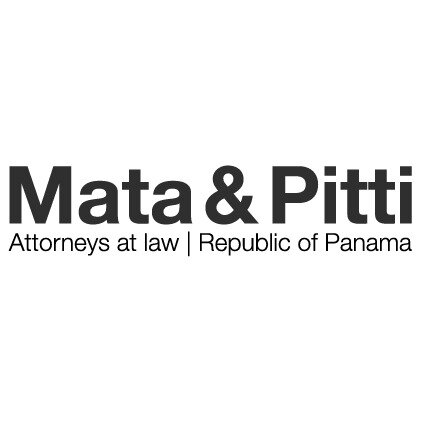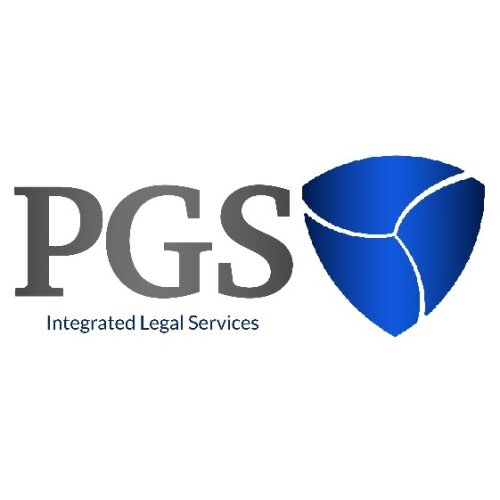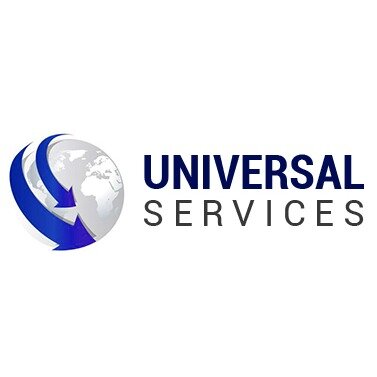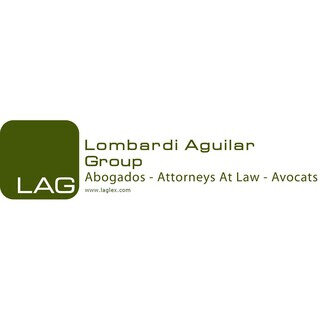Best Public-Private Partnerships (PPP) Lawyers in Panama
Share your needs with us, get contacted by law firms.
Free. Takes 2 min.
Or refine your search by selecting a city:
List of the best lawyers in Panama
About Public-Private Partnerships (PPP) Law in Panama
Public-Private Partnerships (PPP) in Panama are collaborative agreements where the public sector partners with private entities to finance, develop, operate, or maintain infrastructure and essential public services. With the passage of Law 93 of 2019, Panama established a comprehensive legal framework that promotes the participation of private investment in public projects. The main objective is to leverage the efficiency, innovation, and resources of the private sector to improve the delivery and quality of public services, while sharing risks and benefits. PPPs in Panama can be applied in sectors such as transportation, energy, health, education, water, and waste management, among others.
Why You May Need a Lawyer
Navigating the complexities of Public-Private Partnerships (PPP) in Panama often requires specialized legal advice. Here are some common scenarios where legal assistance is essential:
- You are a local or foreign investor evaluating participation in Panamanian PPP projects.
- Your business intends to submit a bid for a PPP tender or needs to negotiate contractual terms.
- You represent a public institution launching a PPP initiative and need guidance on compliance with Panamanian law.
- There are disputes or claims during the execution of a PPP contract.
- You need to assess risks, responsibilities, or the allocation of revenue and expenses in a PPP structure.
- You face issues related to permits, regulatory approvals, or land ownership involving a PPP project.
Legal professionals help ensure compliance with all applicable laws, protect your interests, clarify roles and obligations, and assist in dispute resolution.
Local Laws Overview
In Panama, PPPs are mainly governed by Law 93 of 2019 and its associated regulations. This regulatory framework:
- Defines the types of projects eligible for PPP arrangements, both at the national and municipal levels.
- Establishes the National Secretariat of Public-Private Partnerships as the main regulatory and supervisory body.
- Sets transparent procedures for the selection, contracting, and management of PPP projects, including public tenders and competitive dialogues.
- Regulates financial structures, risk allocation, and mechanisms for payments and guarantees between the public and private partners.
- Incorporates mechanisms for conflict resolution, such as mediation, conciliation, and arbitration.
- Mandates environmental, social, and financial sustainability assessments for eligible projects.
- Ensures public access to information and oversight of PPP agreements.
- Stipulates the roles and responsibilities for each party during the lifecycle of the project.
Other applicable laws may include regulations on public procurement, labor, environmental protection, and anti-corruption, depending on the specific project.
Frequently Asked Questions
What is a Public-Private Partnership (PPP) in Panama?
A PPP in Panama is a formal agreement between a public authority and a private company to provide or improve public infrastructure or services, where both share responsibilities, risks, and rewards.
Who can participate in PPP projects in Panama?
Both local and international private firms can participate, provided they meet the eligibility criteria specified in the bidding documents and comply with Panamanian laws.
Which sectors in Panama commonly use PPPs?
Transportation (roads, ports, airports), energy, water, sanitation, health, education, and waste management are among the primary sectors utilizing PPPs.
How are PPP opportunities announced in Panama?
PPP opportunities are published through official government channels and require an open, competitive bidding process to ensure transparency.
What are the main steps in a PPP project lifecycle?
The main steps include project identification, preparation and feasibility studies, tendering and selection of private partner, contract negotiation and signing, project execution, monitoring, and eventual transfer or maintenance as agreed.
What are the primary risks in PPP agreements?
Risks include financial viability, construction and operational issues, regulatory changes, force majeure, as well as disputes arising from contract interpretation or performance.
Do PPP projects grant any special incentives?
Certain PPP projects may offer favorable tax treatment, import duty reductions for equipment, or government guarantees, depending on the project type and its contribution to public interests.
How are disputes resolved in PPP contracts?
Most PPP contracts in Panama provide for alternative dispute resolution mechanisms, such as mediation and arbitration, to settle disagreements efficiently and without lengthy court proceedings.
Is public consultation required before launching PPP projects?
Yes, public consultation and social impact assessment are generally required to ensure that affected communities and stakeholders are included in decision-making.
What happens at the end of a PPP contract?
Depending on the contract, the project may be transferred back to the public sector, renewed, or operated under a new agreement. The exact terms are defined in the original PPP contract.
Additional Resources
If you need more information, consider reaching out to these Panamanian institutions and organizations:
- National Secretariat of Public-Private Partnerships (Secretaría Nacional de Asociaciones Público-Privadas)
- Ministry of Economy and Finance (Ministerio de Economía y Finanzas)
- Public Registry of Panama
- Panama Chamber of Commerce, Industries, and Agriculture (Cámara de Comercio, Industrias y Agricultura de Panamá)
- Relevant international organizations, such as the Inter-American Development Bank (IDB), offering PPP guidelines and technical support in Panama
Next Steps
If you believe you need legal assistance regarding a PPP project in Panama, here are some recommended actions:
- Gather all relevant documents and information related to the proposed or ongoing PPP project.
- Consult with a Panamanian law firm or attorney specializing in administrative, corporate, or infrastructure law with experience in PPPs.
- Clarify your goals, questions, and areas of concern with your legal advisor to receive targeted guidance.
- If you are responding to a PPP tender, seek advice early in the process to ensure compliance and prepare your proposal strategically.
- Consider engaging a multidisciplinary team for large projects, including legal, financial, and technical experts.
- Stay informed by monitoring announcements from relevant government bodies and regulatory changes related to PPPs in Panama.
Taking the right legal steps from the start can help secure the success of your PPP venture and ensure compliance with Panamanian laws.
Lawzana helps you find the best lawyers and law firms in Panama through a curated and pre-screened list of qualified legal professionals. Our platform offers rankings and detailed profiles of attorneys and law firms, allowing you to compare based on practice areas, including Public-Private Partnerships (PPP), experience, and client feedback.
Each profile includes a description of the firm's areas of practice, client reviews, team members and partners, year of establishment, spoken languages, office locations, contact information, social media presence, and any published articles or resources. Most firms on our platform speak English and are experienced in both local and international legal matters.
Get a quote from top-rated law firms in Panama — quickly, securely, and without unnecessary hassle.
Disclaimer:
The information provided on this page is for general informational purposes only and does not constitute legal advice. While we strive to ensure the accuracy and relevance of the content, legal information may change over time, and interpretations of the law can vary. You should always consult with a qualified legal professional for advice specific to your situation.
We disclaim all liability for actions taken or not taken based on the content of this page. If you believe any information is incorrect or outdated, please contact us, and we will review and update it where appropriate.
Browse public-private partnerships (ppp) law firms by city in Panama
Refine your search by selecting a city.

















